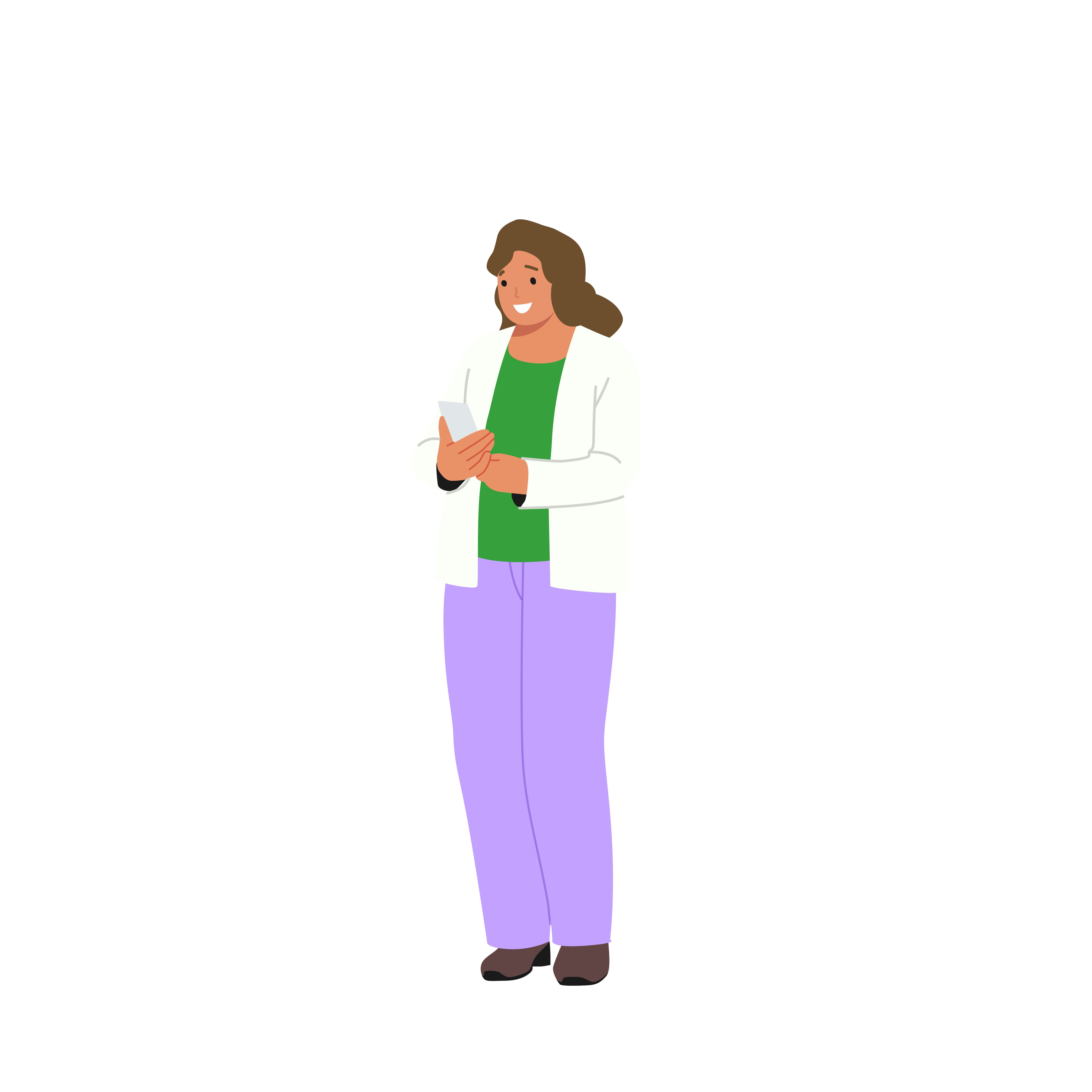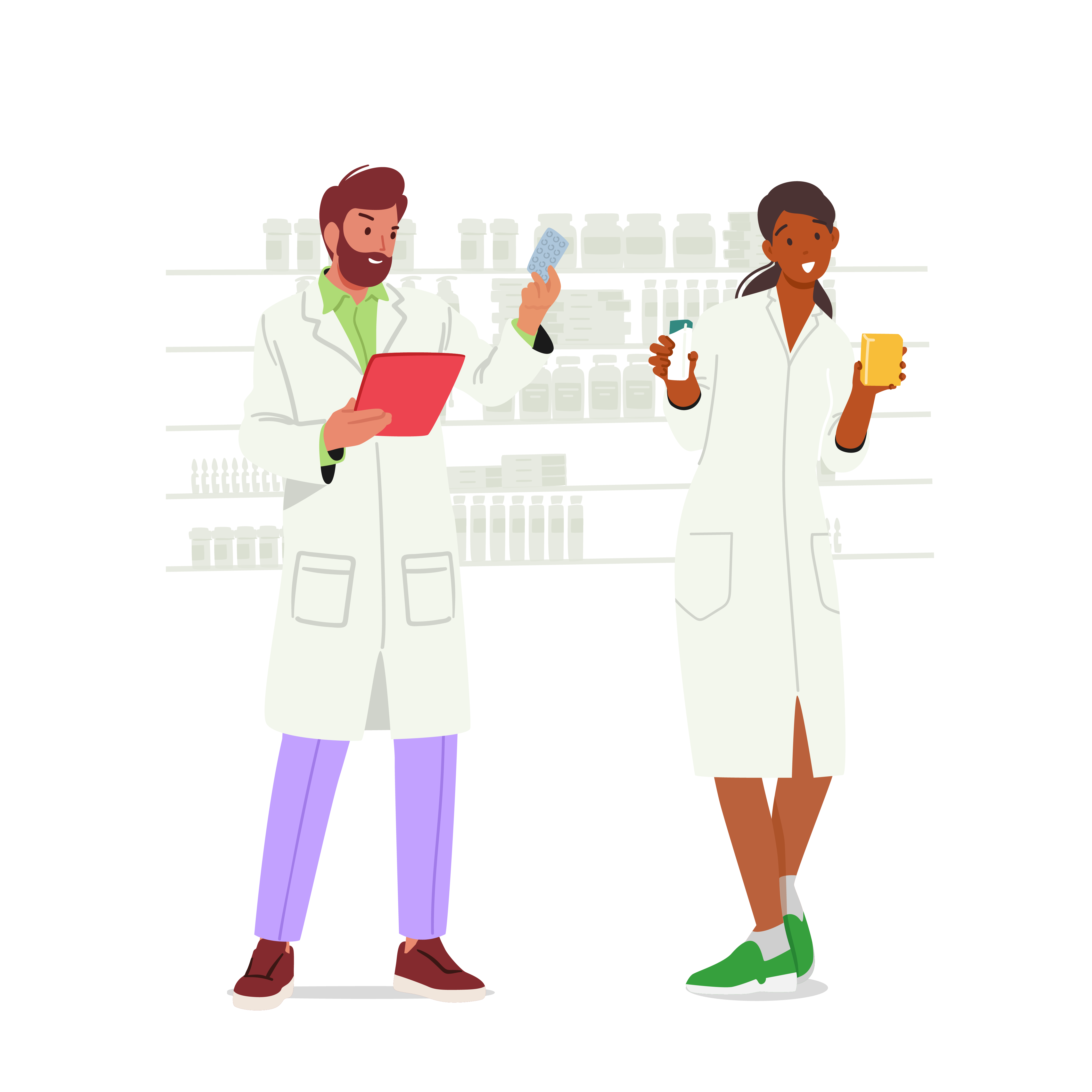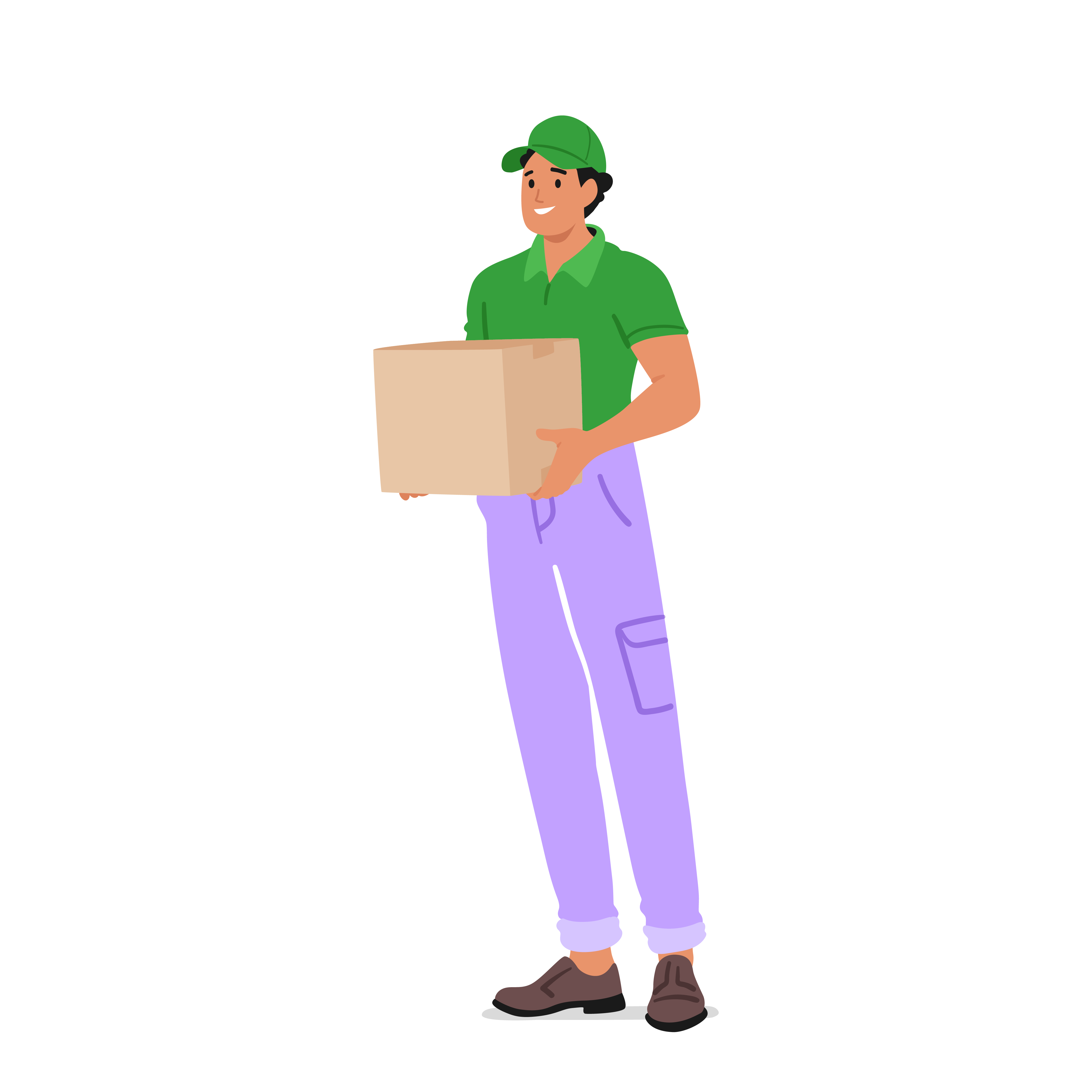- Home
- Sexual Health
- Genital Warts Treatment
Genital Warts Treatment
Genital warts are a common type of sexually transmitted infection (STI) caused by certain strains of the human papillomavirus (HPV). They are usually spread through unprotected vaginal, anal, or oral sex with someone who has the virus. The warts often appear as small, soft, skin-coloured lumps around the genital or anal area. In some cases, they can affect how you urinate, such as causing the flow to go sideways.
While genital warts are usually painless, they are contagious, which means they can be passed on to others. Early treatment is recommended to help manage the symptoms and reduce the risk of spreading the infection. At PharmXtra, we offer clinically approved treatments to help you take control of your sexual health and treat genital warts effectively.
More Information
What are genital warts?
Genital warts are small, skin-coloured growths that appear on or around the genital and anal areas. They are a type of sexually transmitted infection (STI), passed on through unprotected vaginal, anal, or sometimes oral sex. These warts can be so tiny that they go unnoticed, especially if they’re inside the vagina in women or the urethra in men.
Symptoms usually develop between a few weeks and several months after exposure. Genital warts are usually painless but may cause itching or slight discomfort. Although they can be frustrating to deal with, they are generally not dangerous.
What causes genital warts?
Genital warts are caused by the human papillomavirus (HPV). There are many different strains of HPV, but types 6 and 11 are responsible for about 90% of genital wart cases. While some strains of HPV are linked to cancers, the types that cause genital warts are low-risk and rarely lead to anything serious like cervical cancer.
HPV spreads through close skin-to-skin contact during unprotected sex. You cannot catch genital warts from kissing, sharing towels, or sitting on toilet seats — these are common myths. Most people who received the HPV vaccine during secondary school (usually around age 14–15) are protected against the types that cause genital warts.
How can I treat genital warts?
At PharmXtra, we offer clinically approved treatments to help manage and clear genital warts effectively. While genital warts are not dangerous, they are highly contagious and can cause itching or irritation. Treatment helps ease symptoms and reduce the risk of spreading the virus to others.
Most cases of genital warts can be treated at home with medicated creams or liquids. However, if the warts are large or located in difficult areas, you may need treatment from a healthcare professional, such as freezing, laser removal, or minor surgery. These procedures should only be carried out by a trained medical professional.
It’s important to know that treatments remove the visible warts but do not cure the virus itself. This means warts may return over time. To help prevent reinfection or passing the virus on, always use condoms and avoid sharing sex toys unless properly cleaned.
Medication delivered discreetly from EU pharmacies



Choose the right treatment
From the comfort of your own home or out on the go, choose the treatment you require from our extensive range.
Complete an online consultation
A vital part of our process, your online consultation will be similar questions to that of a GP. Quick and easy, we guarantee privacy and confidentiality.
Delivered discreetly
One of over 100 of our partner regulated EU pharmacies will dispense and ship the treatment to you.
Rated out of 5 on 
Been using them for over a year and can't fault them.
Brilliant and helpful service as always Quick delivery and helpful tracking
Flawless service. Sent me the medication I ordered, at the price advertised, delivered at a speed which exceeded my expectations.
Easy ordering, fast delivery
Rated 4.6 out of 5 based on 5111 reviews

Here to help you
Our Customer Service is available Monday to Friday 9am - 4pm. If you need urgent assistance, do not use this service. Call 111, or in an emergency call 999. Visit our help section



